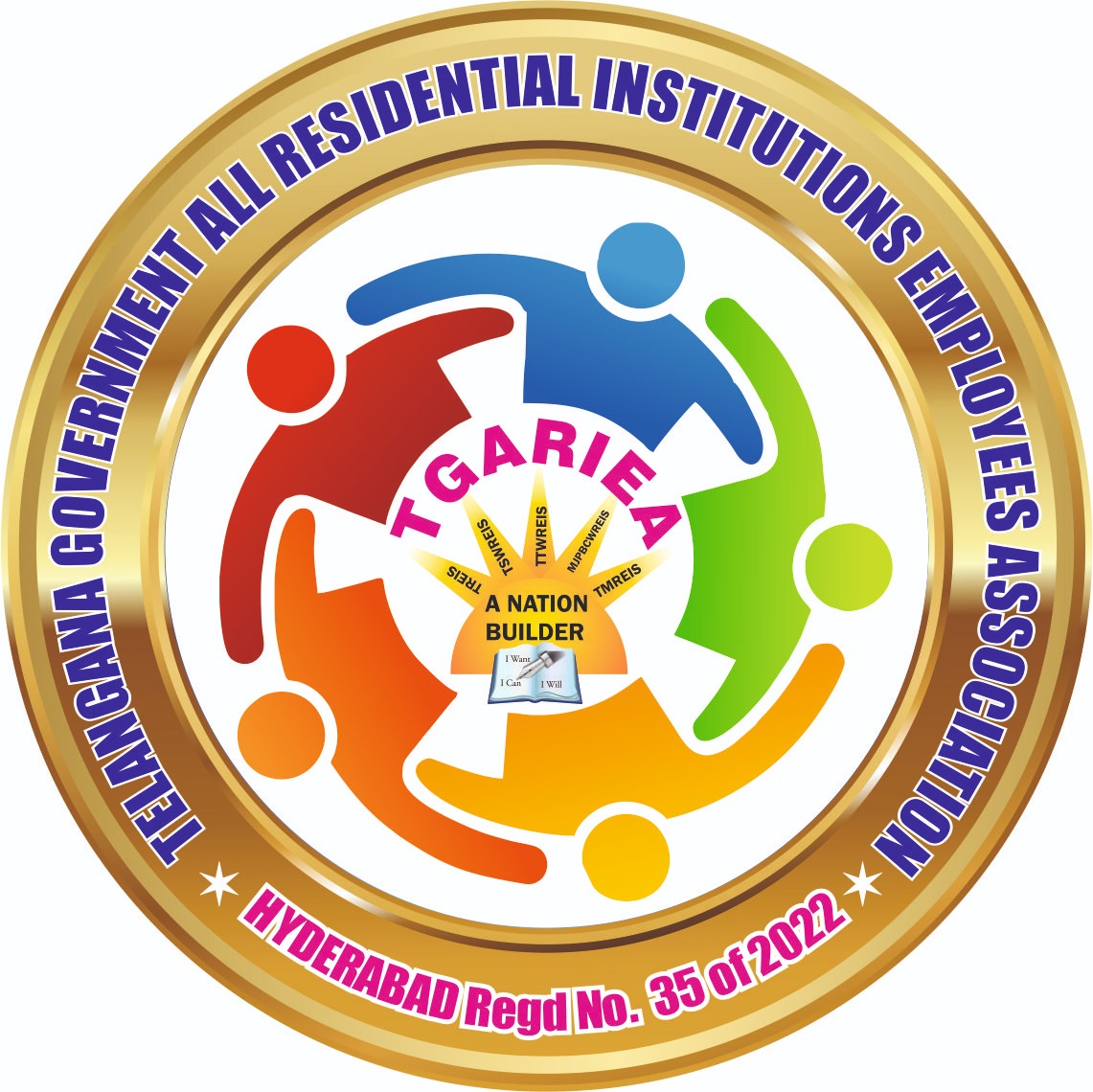If you or someone is experiencing a heart attack (myocardial infarction), it is a medical emergency. Here’s a split response with emergency actions and long-term health tips:
🚨 During a Heart Attack: Emergency Actions
If you suspect a heart attack (chest pain, shortness of breath, nausea, pain radiating to arm/jaw):
-
Call emergency services immediately (911 or your local number).
-
Chew an aspirin (if not allergic) — 300 mg standard dose.
-
Stay calm and rest — sit or lie down.
-
Loosen tight clothing and avoid physical exertion.
-
If unconscious, start CPR if trained.
❤️ Post-Attack & Long-Term Heart Health Tips
1. Medication & Medical Follow-up
-
Strictly follow your doctor’s prescribed medication.
-
Attend all follow-up appointments.
-
Consider cardiac rehab programs for recovery.
2. Healthy Diet
-
Eat a Mediterranean-style diet: lots of vegetables, fruits, whole grains, nuts, and lean proteins.
-
Reduce saturated fats, trans fats, salt, and added sugars.
-
Avoid processed foods and red meat.
3. Exercise Regularly
-
Start with light walking as advised by your doctor.
-
Gradually aim for 150 minutes/week of moderate activity (e.g., brisk walking, cycling).
4. Quit Smoking & Limit Alcohol
-
Smoking is a major risk factor — quitting dramatically lowers further risk.
-
Limit alcohol to 1 drink/day (women) or 2/day (men) — or avoid completely.
5. Manage Stress
-
Practice relaxation techniques: deep breathing, meditation, yoga.
-
Prioritize sleep (7–9 hours/night).
6. Control Other Health Conditions
-
Monitor and control blood pressure, cholesterol, and diabetes.
-
Track weight and aim for a healthy BMI.



